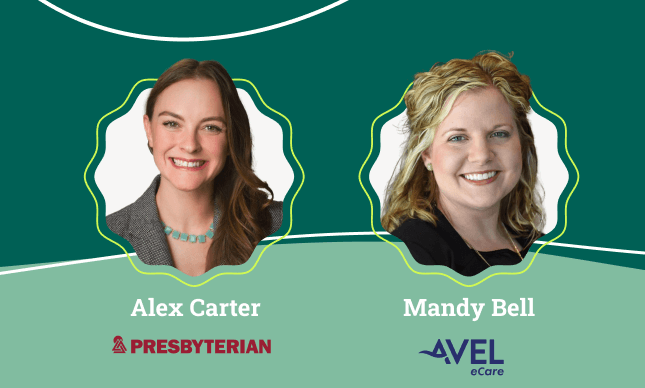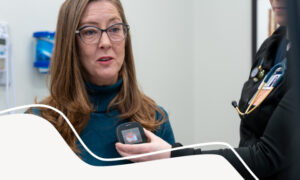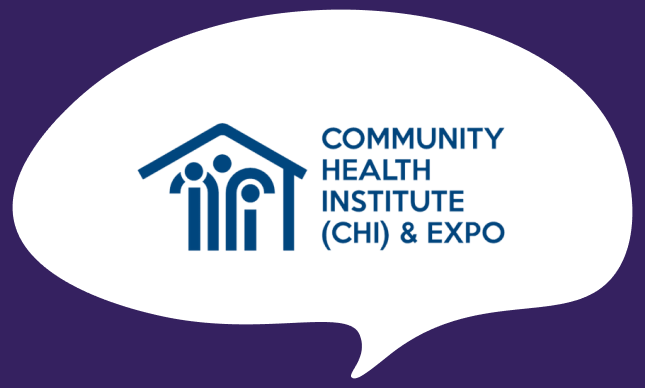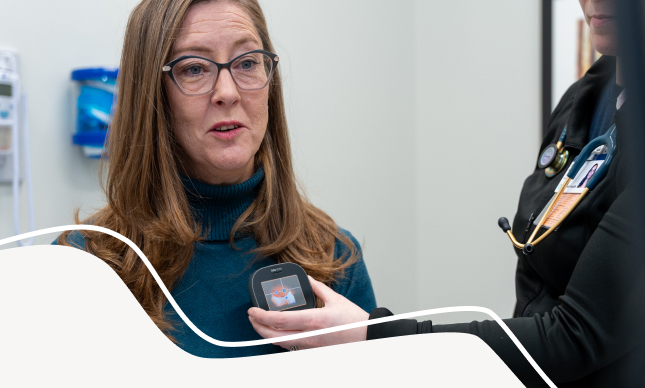Overcoming Barriers to Virtual Care: Improving Accessibility and Health Equity in Rural Areas

In a recent webinar, we were joined by two of our partners, Avel eCare and Presbyterian to discuss improving access and to virtual care in rural areas. Alex Carter, Clinical Advisor for Innovation at Presbyterian Healthcare Services, Mandy Bell, VP of Product Innovation at Avel eCare, and Joe Brennan, Area Vice President at TytoCare, discussed the challenges and opportunities of using virtual care to improve access to care and support health equity in rural areas, including strategies to overcome provider and patient barriers to adoption and use. The full webinar is available here. Read our blog post to learn more about what they discussed and how health systems can improve access to care in rural areas with virtual care.
Rural and frontier area healthcare challenges
Mandy started by discussing how Avel eCare, based in Sioux Falls, South Dakota, focuses on providing specialty care access to rural and frontier communities. Small staff in clinics or schools wear many hats, making it challenging to integrate telehealth. Avel strives to find a win for everyone involved, including supporting rural nurses who wear many clinical hats, with remote care being just one aspect of their work. Alex spoke about some of the challenges faced by Presbyterian in New Mexico, and mentioned that rural and frontier communities with very small populations are far from urban areas, which poses unique challenges for healthcare delivery. 12% of the 33 counties in New Mexico have a primary care shortage, with 334 fewer primary care providers than from national benchmarks between 2017 and 2021. With 88% of New Mexicans living in rural or frontier areas, telehealth has been a focus for Presbyterian over the last 10 years to bring providers from urban areas to those rural and frontier communities where there are access and transportation issues.
Telehealth is not a lesser venue of care but a different venue of care that can be a lifesaver for many people.

Alex Carter, Clinical Advisor for Innovation
Closing rural care gaps with virtual care
The discussion continued with diving into the solutions to the challenges being faced. Avel eCare offers a wide variety of services that were developed in response to rural health needs, which started with providing 24/7 access to groups of providers to help at the bedside of rural hospitals virtually. This network has expanded beyond emergency medicine specialties and has been impactful in senior care and school health. Mandy mentioned the reduction in the cost of care for seniors, with reduced reliance on emergency rooms. In schools, Avel has brought certified school nurses into the equation through telehealth, making it safe and convenient for students with medical needs.
Alex shared details about how Presbyterian is leveraging virtual care, with programs that aim to provide individualized care and address the unique circumstances and barriers of each patient and community. Their virtual care programs include intensivists, neonatology, and behavioral health. Asynchronous telehealth allows for private text-based consultations and provides access to care for patients who lack the privacy or autonomy to engage in healthcare in traditional settings. Presbyterian is using TytoCare for remote physical exams which allows remote cardiologists and other specialists to listen to heart and lung sounds and provide consultations from a distance.
These programs have helped to bring patients and providers into the telehealth fold, converting some previously skeptical physicians to the belief that telehealth that goes beyond audio and video can be a powerful tool for providing individualized care that addresses the unique needs of each patient.
The success of virtual care lies in making it simple and impactful for people, building relationships with someone they’ve never met, and ensuring a good experience every time.

Mandy Bell, VP of Product Innovation
Rural adoption and engagement of virtual care
The discussion turned to methods of increasing adoption and engagement with virtual care in rural settings, something traditionally challenging to do.
Mandy discussed some of the focuses at Avel for increasing adoption and engagement. She pointed out that making healthcare easy and convenient is important, and that video visits can provide a better sense of a patient’s health than phone calls. However, she also mentioned that full exams are important in emergency situations, and technology like TytoCare can improve healthcare in those remote locations. She discussed how it can be challenging to introduce telehealth into traditional healthcare workflows, and so identifying the right patients for telehealth and working with staff is crucial for success.
Alex pointed out that healthcare is fast-paced and new interventions need to be implemented carefully to avoid disruption. Care teams must feel competent and confident when trying new interventions, and leaders must provide the necessary tools and assurance. Education and safety are important for care team expansion and increasing utilization of different locations of care. Providing in-person training for telehealth can help those with lower-tech savviness and increase confidence in using it, and giving scheduling staff tools and information can help them confidently recommend telehealth as an appropriate venue of care.
Virtual care makes a real difference on the ground
Both Alex and Mandy shared stories with the audience about how they have seen virtual care make a difference to their patients and those around them.
Mandy told the audience about students who have been diagnosed with diabetes, who face new challenges when coming to school after a hospital stay. Virtual nursing services allow school nurses to work with the cafeteria staff and teachers to support the student’s health and self-management, as well as provide daily support for the students, helping them to manage their condition and build relationships with healthcare professionals.
Alex shared a story about Dr. Sunderman, a cardiologist who relocated from a rural clinic in Ruidoso to Albuquerque, posing challenges for his panel of cardiology patients. By setting up a Tyto device in Dr. Sunderman’s clinic in Ruidoso, patients were able to see Dr. Sunderman virtually, which was as meaningful as an in-person visit. In the first two weeks, 60 patients were seen and within a couple of months, the number grew to 800 unique patients.
To hear more from Mandy and Alex, and listen to the rest of the conversation, watch our on-demand webinar here.





